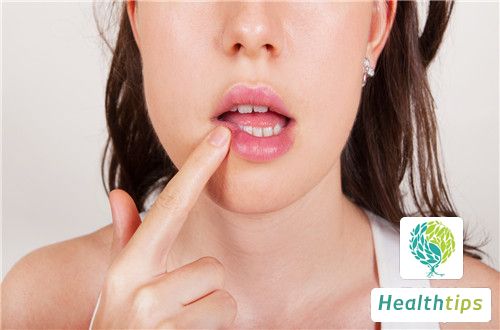What Should I Do If There Are Gel-like Solids in My Semen?
The presence of white gelatinous solids in semen is considered a manifestation of semen non-liquefaction, which is commonly seen in conditions such as seminal vesicle inflammation, prostatitis, or lack of trace elements such as magnesium and zinc. Treatment should aim to identify the underlying causes and actively address them, such as supplementing zinc and magnesium trace elements, and consuming foods like yam, goji berry lamb kidney porridge, and fried leek with walnut kernels to improve the condition.

Normal semen is in a liquefied state when ejaculated, but it immediately solidifies into a jelly-like or clot-like consistency. After approximately 10 to 20 minutes, it liquefies into a water-like fluid. This process is known as semen liquefaction and is a normal physiological phenomenon. If semen remains in a jelly-like state for more than 30 minutes after ejaculation, it is considered a pathological condition known as semen non-liquefaction. Common causes of semen non-liquefaction include seminal vesicle inflammation and prostatitis, insufficient fibrinolytic enzyme secreted by the prostate, lack of trace elements such as magnesium and zinc, and congenital absence of the prostate. Supplementing zinc and magnesium trace elements can help improve semen non-liquefaction, and foods such as yam, goji berry lamb kidney porridge, fried leek with walnut kernels, and Cordyceps sinensis duck can also help alleviate the symptoms.
Active treatment is necessary. Firstly, a detailed examination should be conducted at the hospital to identify the underlying causes and then actively treat them, excluding pathological factors such as seminal vesicle inflammation and prostatitis. Supplementing zinc elements can be achieved by consuming foods rich in zinc, such as oysters, pancreas, liver, blood, lean meat, goji berries, kelp, broccoli, eggs, whole grains, walnuts, peanuts, watermelon seeds, and chestnuts. Foods rich in magnesium include pine nuts, hazelnuts, watermelon seeds, pumpkin seeds, pecan nuts, sunflower seeds, almonds, dried cuttlefish, licorice, coriander, black beans, Longjing tea, brick tea, pomegranate flower tea, and zhu tea. Additionally, vitamins can be obtained from milk, eggs, carrots, sesame, walnut kernels, lean meat, yeast, podded fruits, pig liver, milk, and pork.



















